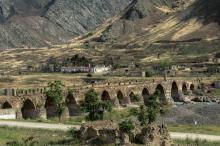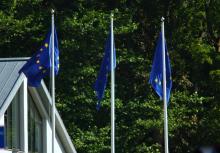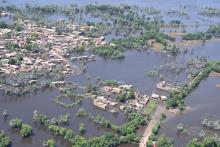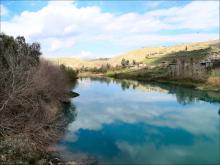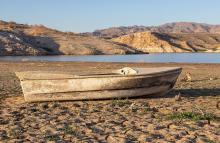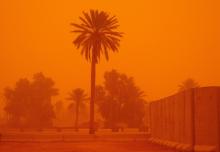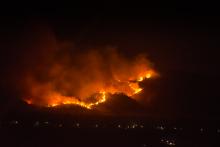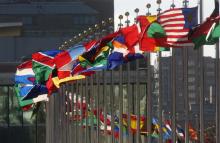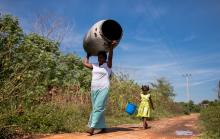Iraq finds itself amid a water crisis that far exceeds previous experiences with water scarcity and acute shortages. Declining quantity and quality of water, outdated and damaged infrastructure, and inefficient water use have uncovered deficiencies in existing water governance, severely affecting the country’s socio-economic, political, and security situation. In the last years, basic water supply services in the south repeatedly broke down during the summer months which contributed to widespread antigovernment protests, particularly in 2018 (BBC News, 2018).



